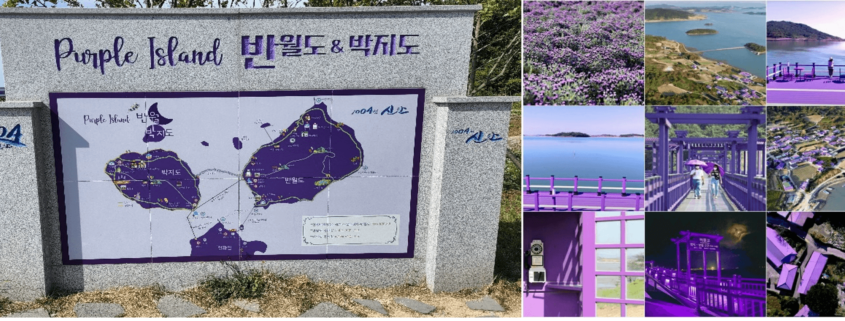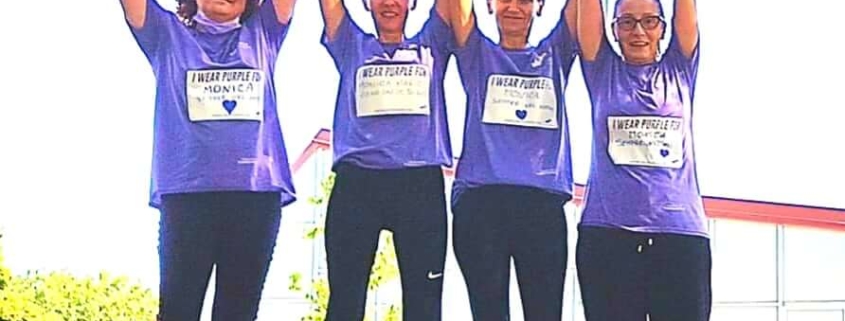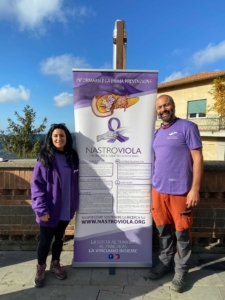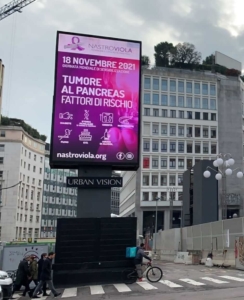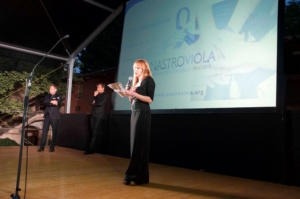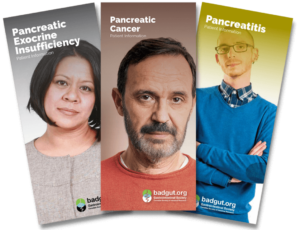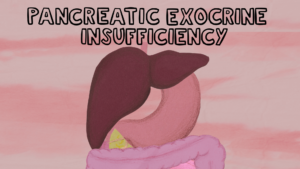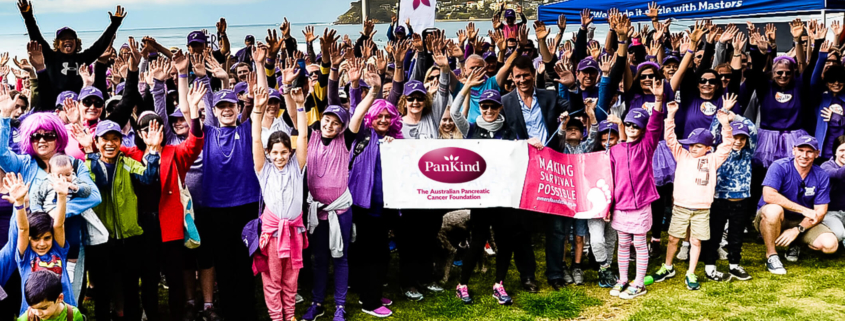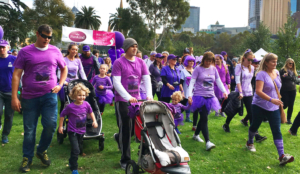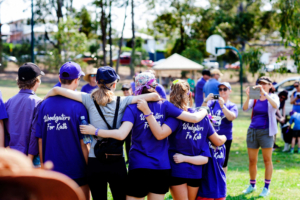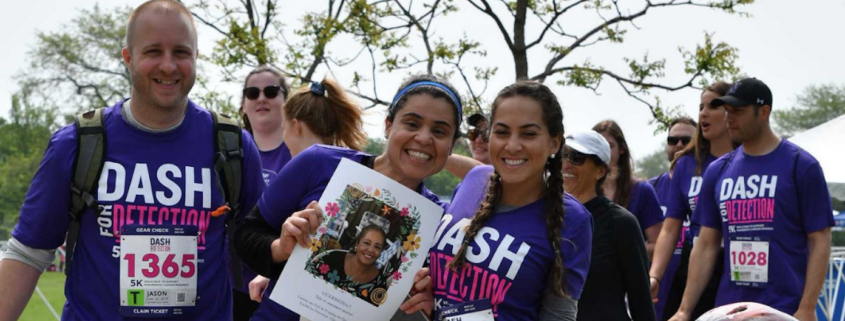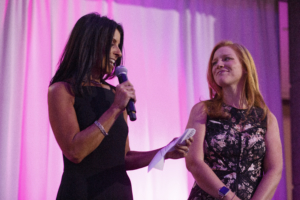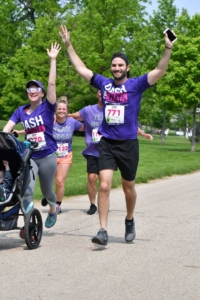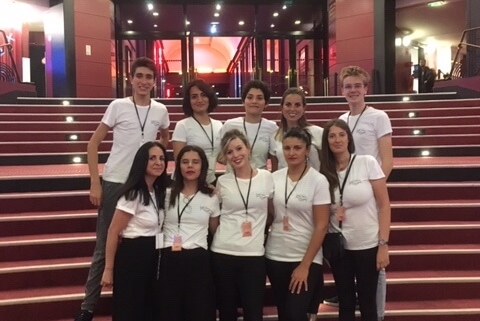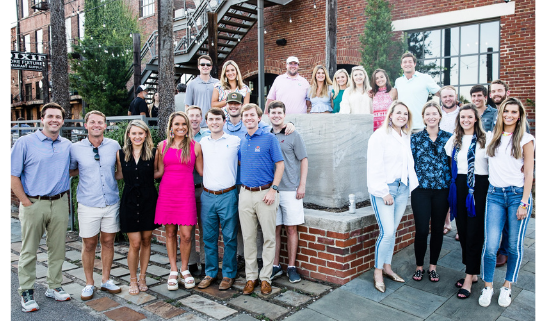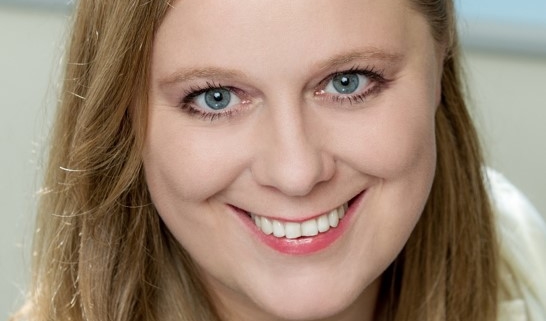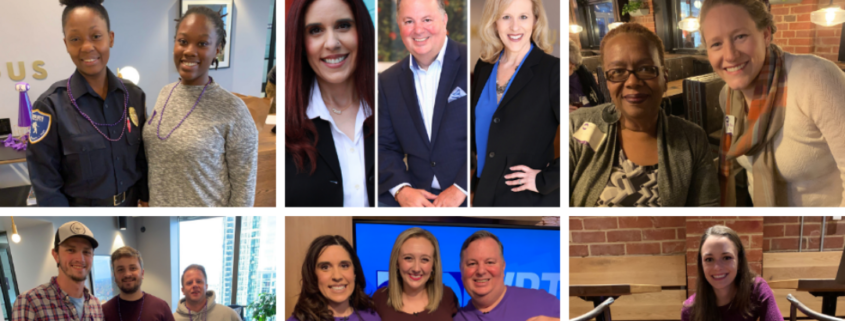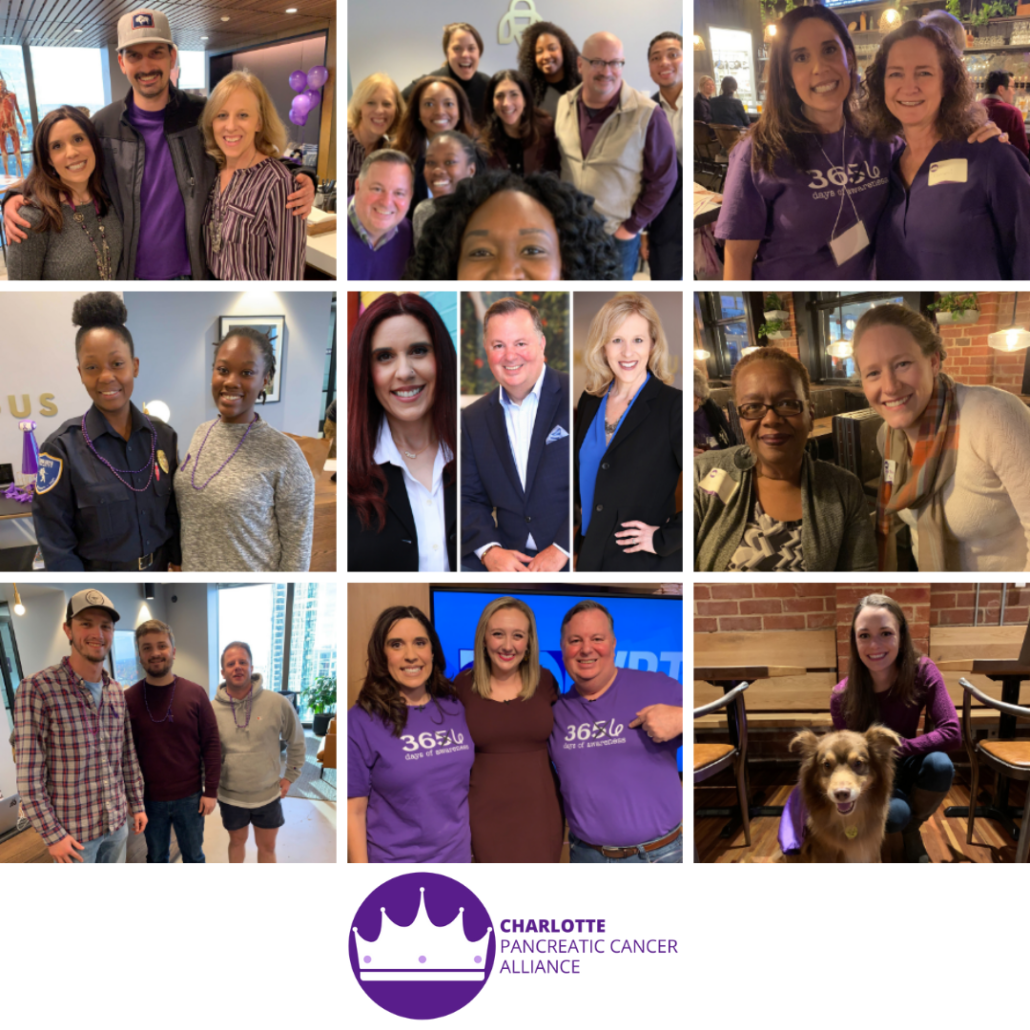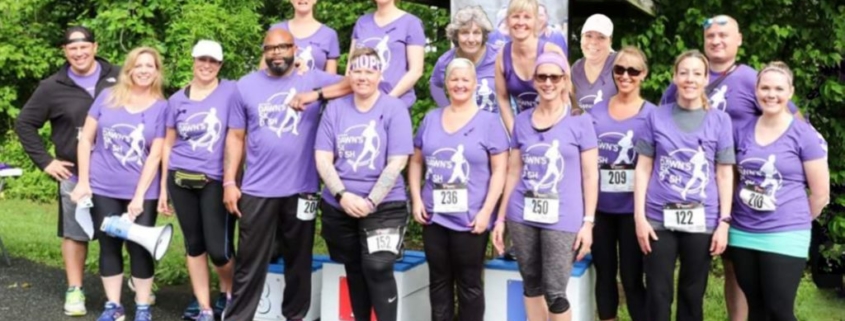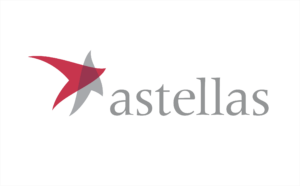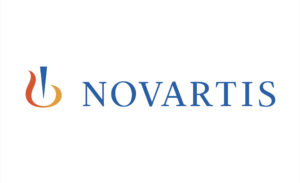In 2015, the Korean Pancreatic Cancer Network (KPCN) was founded by a group of pancreatic surgeons in Korea with the common goal of increasing social awareness of pancreatic cancer. The mission of the KPCN is to promote prevention and early detection of pancreatic cancer, support and give hope to patients and families, and support research of pancreatic cancer in order to achieve their vision of 1) decreasing incidence of pancreatic cancer, 2) increasing early detection, and 3) improving treatment outcomes.

To reach these goals, the KPCN has held the World Pancreatic Cancer Day Campaign every November since 2015. During the event, various lectures are delivered to the general public (including patients and families) by doctors, nurses, nutritionists, and social workers. These lectures cover a variety of topics including — but not limited to — information about the disease and treatments, patient and family care, and support, including nutritional care. Financial support is also provided for those who are in need and eligible. The campaign prides itself for providing continuous support in understanding everything that a patient, patient’s family, or the general population wants to know about pancreatic cancer. The campaign continued to take place during COVID-19 virtually with active and engaging lectures as in-person events could not take place.
The activities of the KPCN are not just limited during Pancreatic Cancer Awareness Month in November, as the organization provides continuous support with online consultations to patients and families through their official homepage. In addition to their website, the KPCN discusses the need for political support with socially influential figures to introduce and set politics that will help patients fight pancreatic cancer both medically and socio-economically throughout the year.

The KPCN is planning to return to an in-person campaign starting in 2022. This year, the KPCN is looking to hold its campaign on “Purple Island,” located on the southwest coast of Korea. This year’s event is not being held in lecture halls within tertiary hospitals in Seoul as they were done previously, but at a place with a purple theme, tying in perfectly with the colors of the World Pancreatic Cancer Day Campaign.
As KPCN’s members are mostly medical professionals, they are well-equipped with medical knowledge of pancreatic cancer. Through their collaboration with the World Pancreatic Cancer Coalition, KPCN hopes to learn about the different experiences and knowledge based in other areas (engaging the general public, producing effective education about pancreatic cancer, fundraising, etc.) to strengthen their organization and deliver more influential, engaging campaigns this year and in the future, while adding to the tradition that has been set and developed since 2015.
To learn more about the Korean Pancreatic Cancer Network, visit their website.

